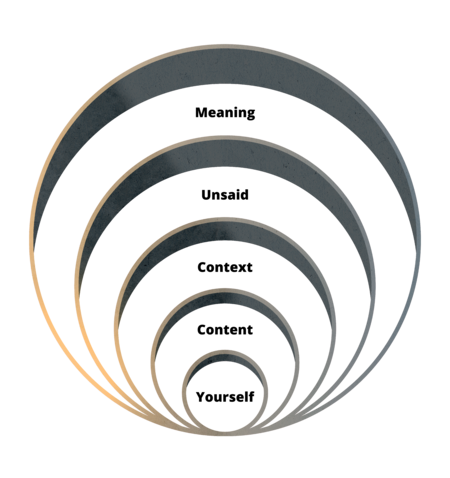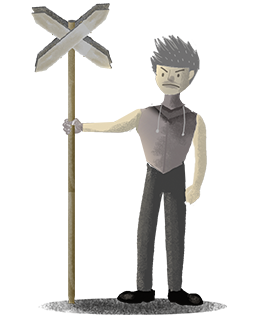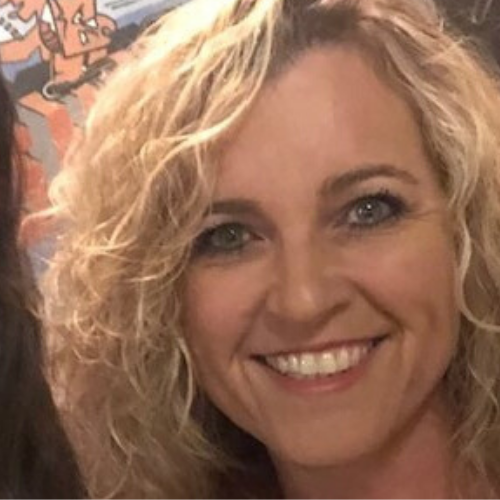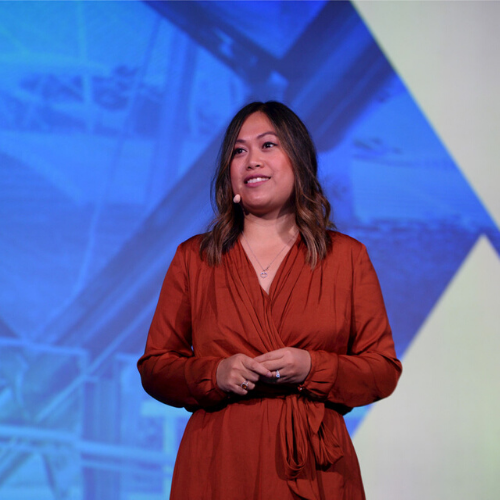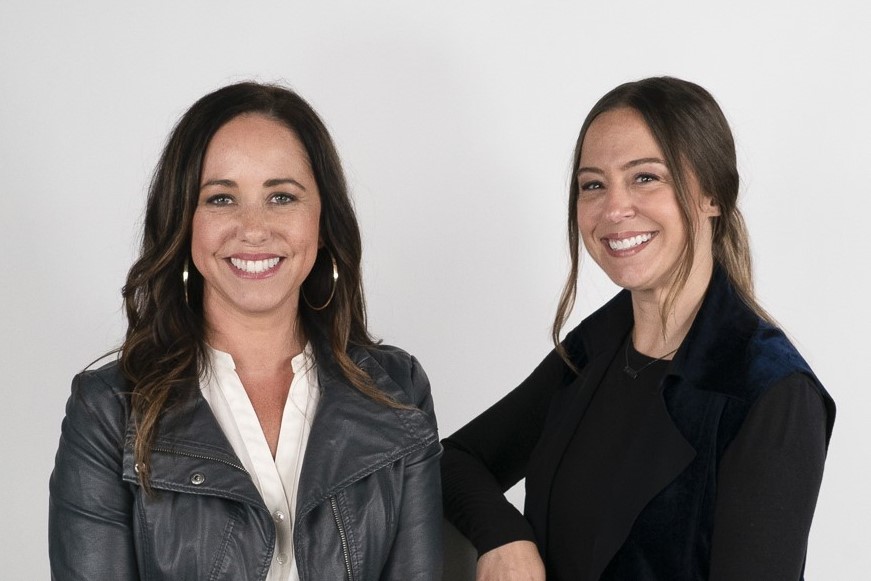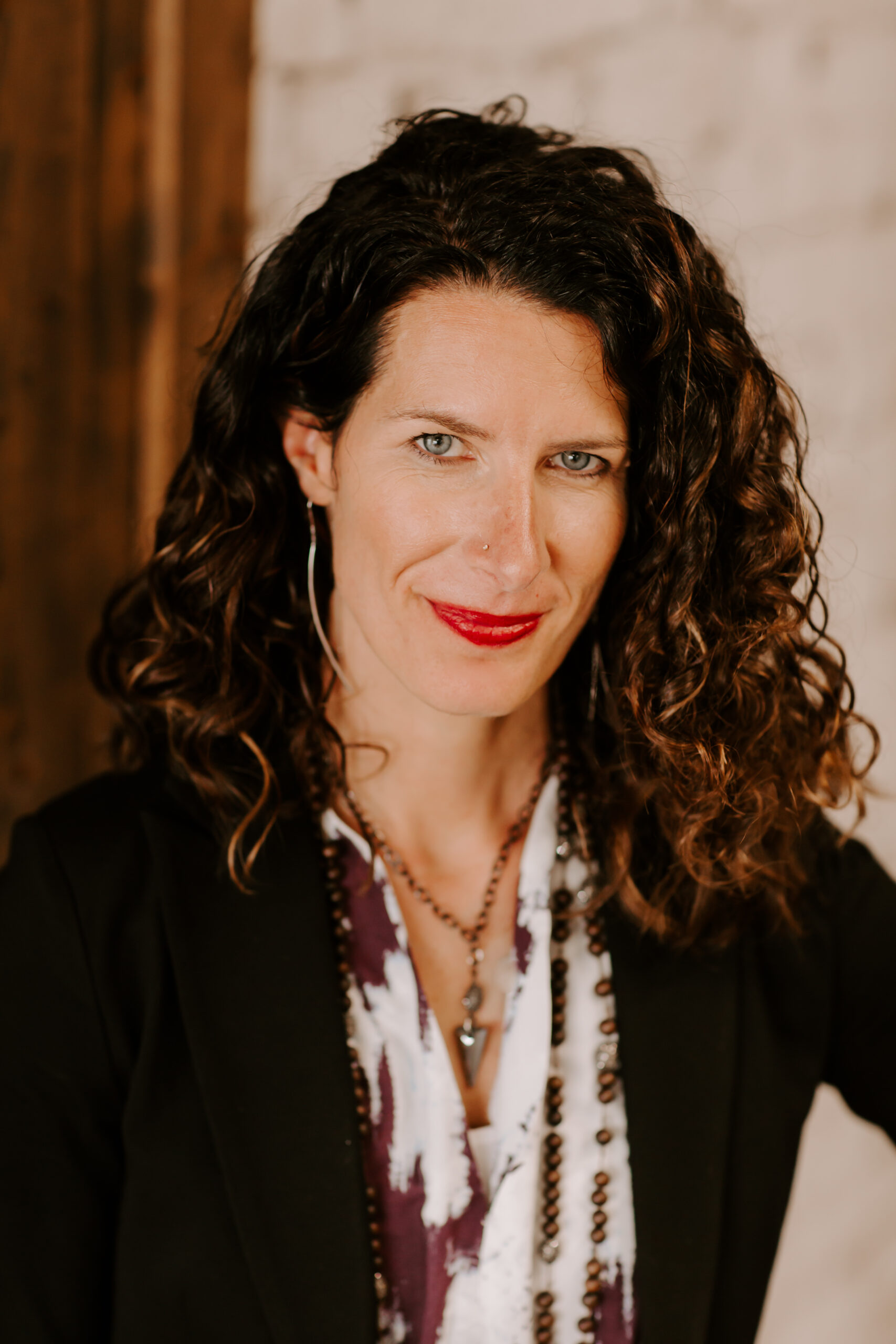Creator of the Apple award-winning podcast
Deep Listening,
Oscar Trimboli
offers his research-backed keynotes, workshops and programs to organisations who want to take their performance to the next level.
To find out more about Deep Listening keynotes, workshops and programs
What’s the cost of NOT listening?
Communication isn’t just about what you say, it is 50% speaking and 50% listening. Most programs about effective communication focus on speaking with influence and leading change by setting a compelling vision, yet over 93% of change initiatives fail. There is a missing ingredient – leaders who listen.
Only 2% of leaders have ever received any training on how to listen.
However, leaders typically spend 64% to 83% of their day listening. The more senior your role, the more critical listening is to your career progress.
If communication is 50% speaking and 50% listening, why is listening NEVER taught in leadership training programs?
It’s like teaching a leader to run with only their right leg. It’s unbalanced and it’s exhausting running around in circles frustrated that you have made no progress.
Through keynotes, workshops and organisational programs that leverage the Deep Listening research, you and your teams will have the tools for ongoing, sustained listening success.
- Increase profitability by minimising duplicate costs and effort caused by confusion and conflict
- Dramatically reduce project costs by asking the right questions upfront
- Attract and retain employees by listening to what they have to say as well as the unsaid
- Mitigate negative publicity in the media
- Get ahead of the competition by serving customers better
- Anticipate rather than react to the regulators in your industry
The Five Levels of Listening
At the core of Deep Listening is the concept of the Five Levels of Listening. These five levels describe the hierarchy of listening. Each level is foundational. You need to be proficient at the previous level to effectively more to the next level.
The Four Villains of Listening
There are four villains when it comes to poor listening.
Any one of the villains can be at play for anyone at any time. Listening is situational and relational, meaning we listen
differently in different contexts and scenarios. For instance, you will listen differently to a customer compared to your peers. You will listen differently to people in the finance department compared to the legal team.
Think about the last conversation you had? Did one or more of the villains show up for you?
What others say
Featured Podcast Episodes
Listen to the Apple Award Winning Deep Listening Podcast
Podcast Episode 123: the hidden clues when you listen well in low trust group meetings
This episode of Deep Listening Impact Beyond Words explores the art of listening in diplomatic cross-cultural meetings, drawing insights from British Foreign Secretary James Cleverly's discussion with Cindy Yu on The Spectator's Chinese Whisper Podcast. Key takeaways:...
Podcast Episode 122: adaptive workplace listening and why its different from active listening
Active listening isn’t enough. It’s time for Adaptive Listening Nicole Lowenbraun and Maegan Stephens, authors of the book "Adaptive Listening: How to Cultivate Trust and Traction at Work," explain the impact of adapting your listening in the a corporate workplace....
Podcast Episode 121: the hidden value in your contact center and how to listen at scale with Authenticx’s Amy Brown
Authenticx CEO and Founder, Amy Brown, discusses the power of listening at scale in the contact center industry. She shares her personal experiences and how they shaped her understanding of the importance of listening to patients and customers. Brown emphasizes the...

